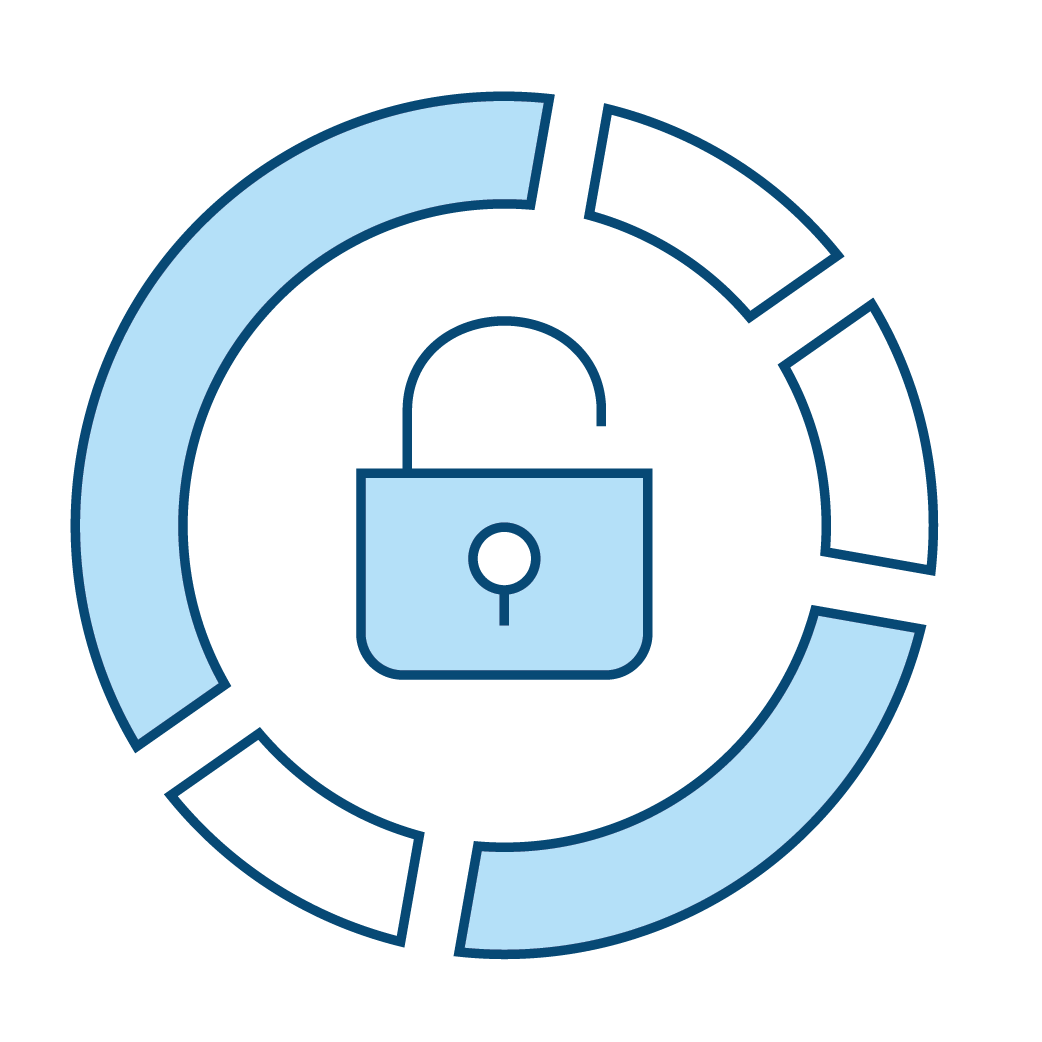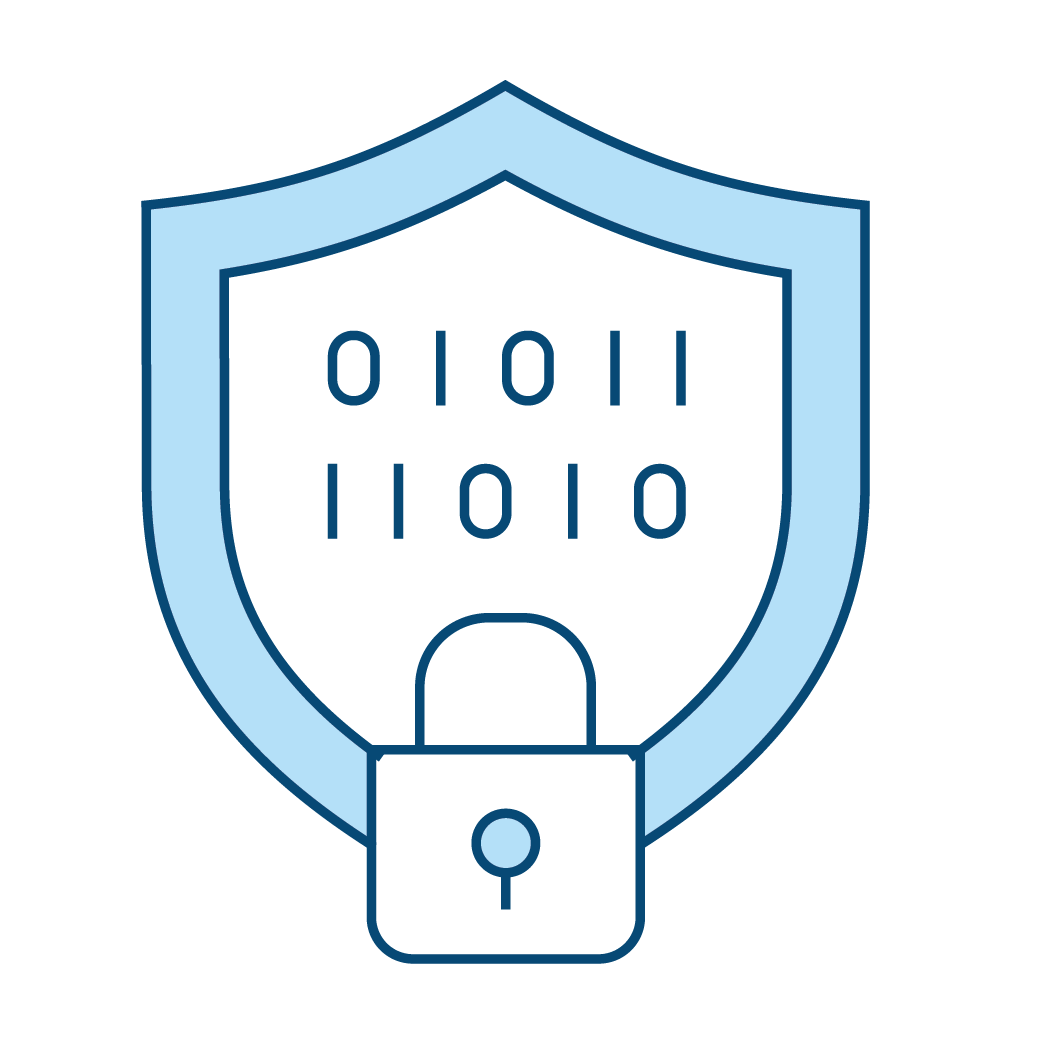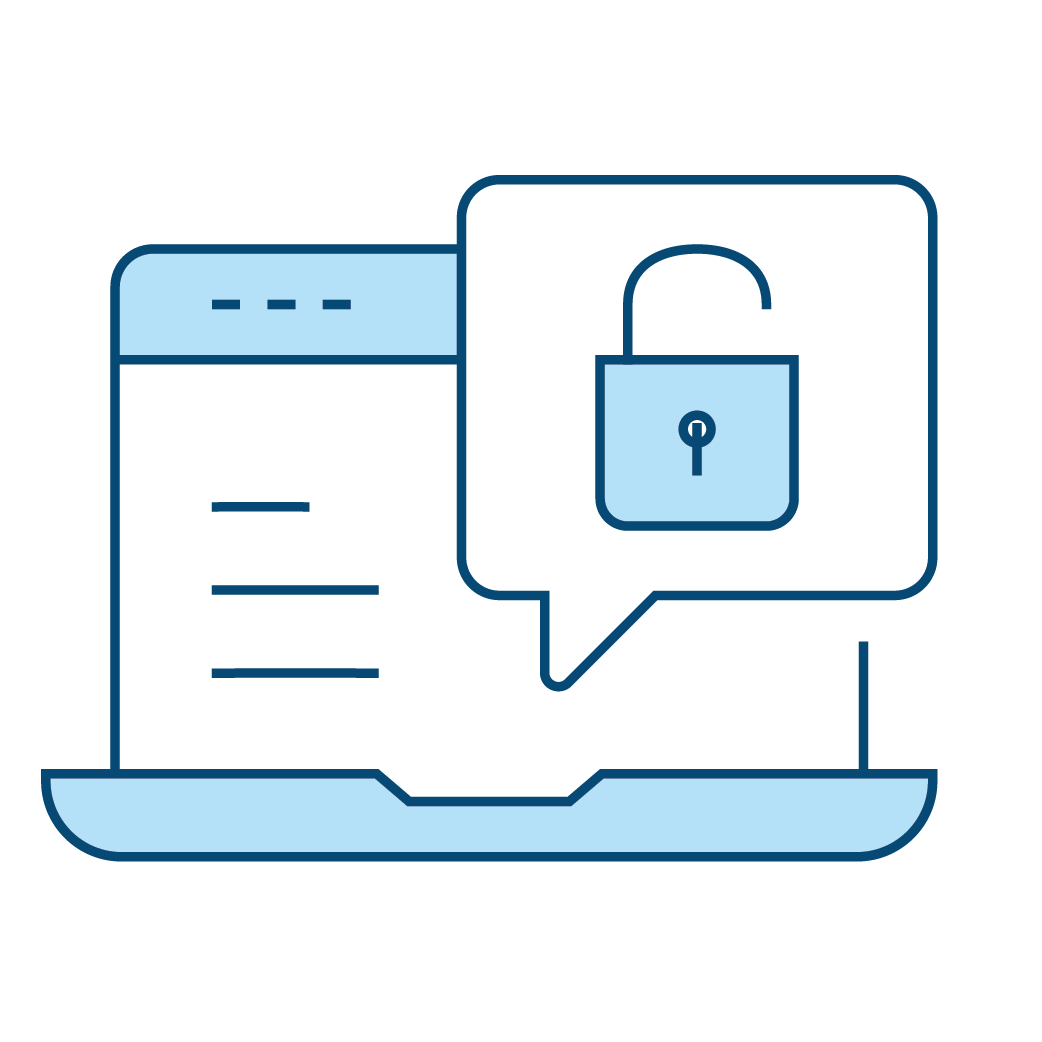What Do You Do if You Think you are a Victim of Social Engineering?
If you think you are a victim of identity theft or a cybercrime, here are some steps you can take:
- Contact the bank immediately: Reach out to us at (833) 301-NFBK to report any suspicious activity on your accounts. We can help you identify any unauthorized transactions and take steps to secure your accounts.
- Close compromised accounts: If you suspect that your accounts have been compromised, close your accounts to prevent any further unauthorized transactions.
- Change passwords: If you think you may have revealed your password to an unauthorized person, change it immediately. Make sure to use a strong and unique password for each account, and avoid using the same password for multiple resources.
- Monitor your accounts: Keep a close eye on your accounts for any unusual or unexplained charges. Check your account statements regularly and report any suspicious activity to the bank.
- Review your credit report: You can request a free credit report from each of the three major credit reporting agencies (Experian, TransUnion, and Equifax) once a year, and review it for any suspicious activity.
- Report the incident: Contact your local police, file a report with the Federal Trade Commission (FTC) and the Internet Crime Complaint Center (IC3). This will help law enforcement agencies track and prosecute identity thieves.
- Place a fraud alert: Contact one of the three major credit reporting agencies (Equifax, Experian, or TransUnion) to place a fraud alert on your credit report. This will alert potential creditors to be cautious when extending credit in your name.
- Consider a security freeze: You can also consider placing a security freeze on your credit report, which will prevent anyone from accessing your credit report without your permission.
- Monitor your credit report: Check your credit report regularly to ensure that no unauthorized accounts have been opened in your name. You can request a free credit report from each of the three major credit reporting agencies once a year.
- Consider identity theft protection: Consider enrolling in an identity theft protection service, which can monitor your credit report and alert you to any suspicious activity.
- Be cautious online: To prevent identity theft in the future, be cautious when sharing personal information online, and avoid using public computers or public Wi-Fi to access sensitive information.
Remember, it's always better to be proactive and take steps to protect your identity and personal information. If you're unsure about what to do or need further assistance, contact us or a law enforcement agency.







